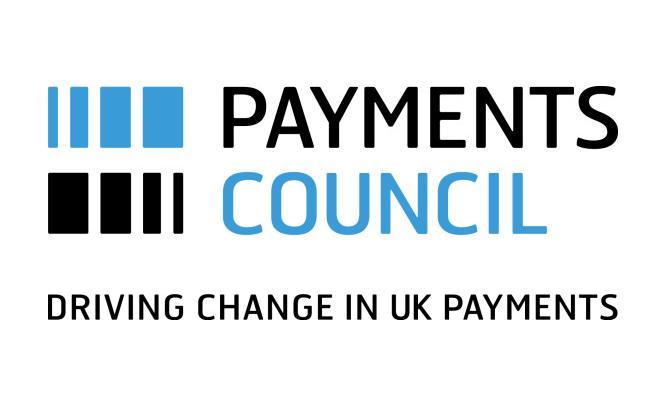The number of cash payments will fall from 21 billion in 2012 to around 14 billion in 2022, as people increasingly use alternatives such as cards and automated payments.
October 17, 2013
- Consumer card use will rise by 75% from nearly 10 billion payments in 2012 to nearly 17 billion in 2022, driven primarily by increased debit card use and acceptance.
- The number of cash payments will fall from 21 billion in 2012 to around 14 billion in 2022, as people increasingly use alternatives such as cards and automated payments.
- Consumer cheque transactions are projected to continue to decline – from 477 million cheques in 2012 to around 186 million in 2022.
- Direct Debit use by consumers will grow by 20% to around 3.7 billion payments in 2022 – driven by increased uptake of new regular commitments and a growth in the size of the adult population.
- Mobile payments and internet banking will help drive up consumer use of one-off payments from their accounts from 356 million payments in 2012 to around 1.5 billion in 2022.
- Population growth and economic growth will mean consumer payments are worth over £2 trillion in 2022, up from £1.3 trillion in 2013.
Mobile payments are expected to become a major payment channel over the next 10 years. Some mobile payment services are already available and the range is expected to increase – next year the Payments Council will launch a new service to make secure account to account transfers using only a mobile phone number. The number of people with internet-connected mobile devices is also set to grow markedly. UK Payment Markets 2013 forecasts many more people will be paying friends, family and small businesses using phones and tablets by 2022.
Internet shopping and plastic card use has seen large growth in payment volumes in recent years. Nearly 40 million people bought goods or services online last year, mainly using plastic cards and it’s expected they’ll do so even more over the next ten years.
The report forecasts that alongside more use of contactless cards and mobile payments, e-commerce will be a major factor in the near-doubling of consumer card use from nearly 10 billion payments in 2012 to an estimated 17 billion in 2022.
Cash and cheques usage will fall as consumers use other payment methods. Cash payments are forecast to fall by around a third to 14 billion in 2022 largely driven by consumers increased use of contactless cards in shops and mobile phones to pay friends and family. Cheques, too, are set to fall – they are forecast to be used less than half as much in 2022 as they are currently.
However, some things will stay the same. Regular household and personal bills such as mortgages, utility bills and gym subscriptions will continue to be made usingDirect Debit. The number of wages paid directly to bank accounts will continue to grow. Around 13% more wage payments will be paid to bank accounts in 2022 compared to current levels.
We will continue to manage our money online and via our mobiles. There are now many ways in which we can check our accounts and move money around, and in 2012 around 32.5 million people accessed their bank accounts using a remote channel. Around 10 million people did so using a mobile device.
Adrian Kamellard, Payments Council Chief Executive, commented:
“It’s fascinating to see how much of the groundwork we’re laying down now will work out in 2022. The next few years will be an exciting time for the payments industry.
“Over the coming decade we will see major innovation with the introduction of our Mobile Payments Service in 2014, the Current Account Switch Service next month and of course all the innovations brought to market by individual players within the payments field.
“As an industry we need to make sure that we not only encourage and support on-going innovation, but also make sure that we don’t lose sight of our tried and trusted payment methods. The Payments Council will work hard over the next decade and beyond to ensure that the payments infrastructure in the UK continues to lead the world and fully meets the needs of all its users.”
Source:Payments Council

